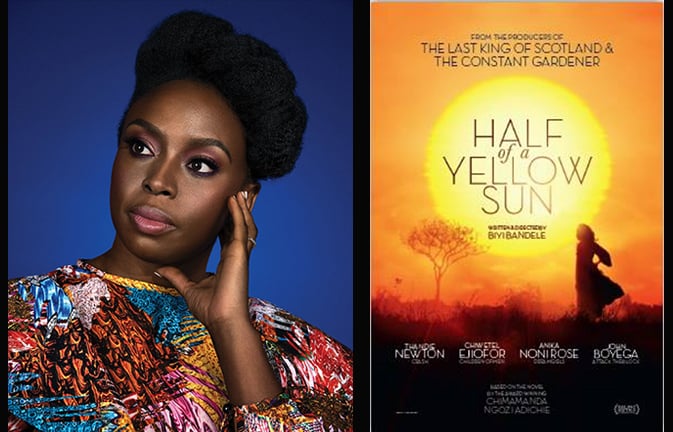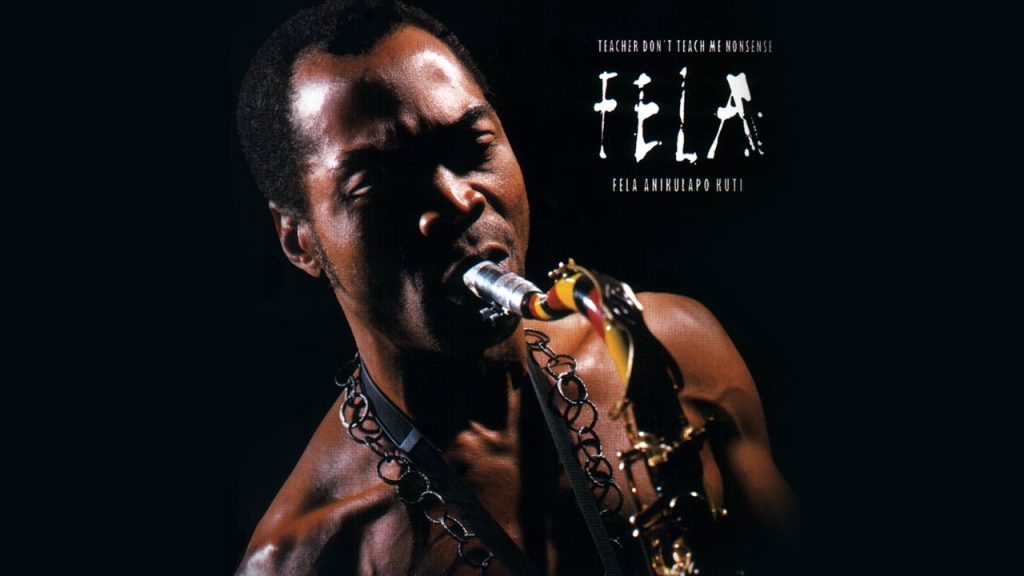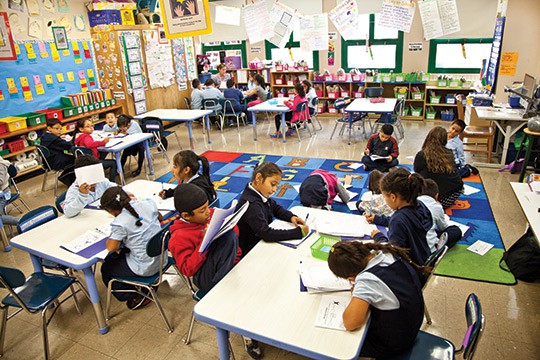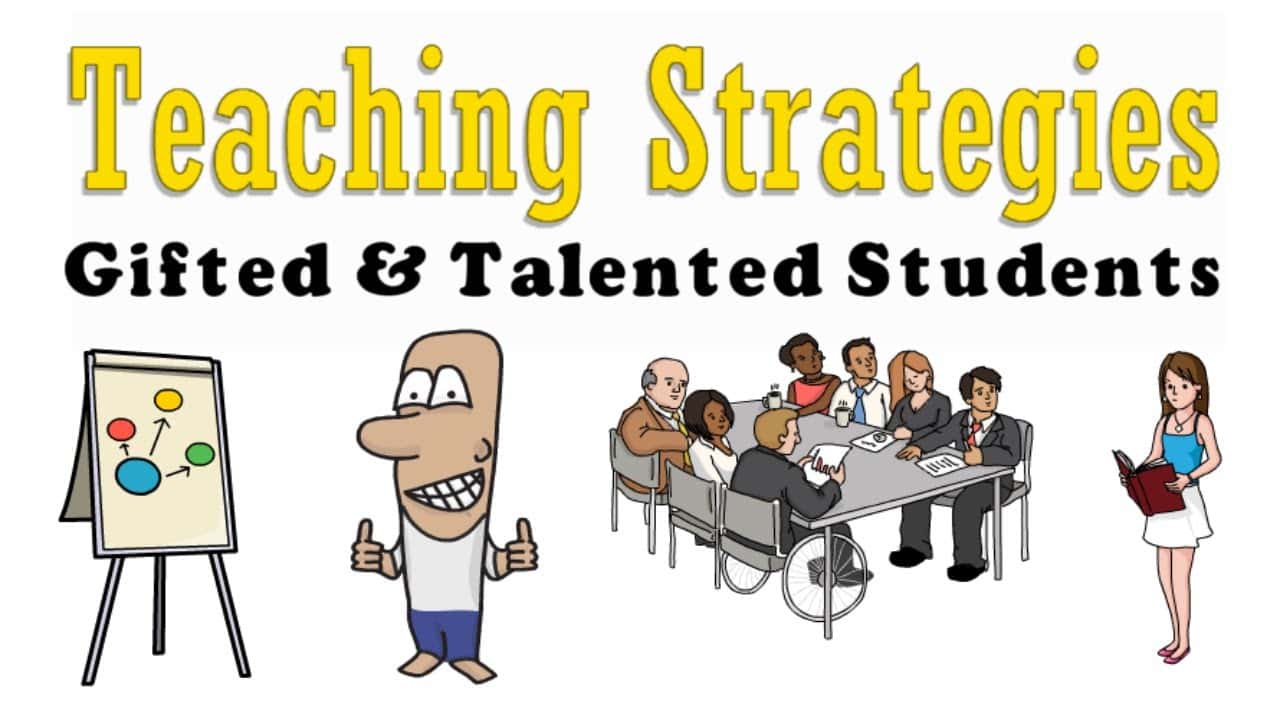Wole Soyinka, a towering figure in Nigerian literature, epitomizes the power of talent and education. Rising from humble beginnings, Soyinka’s journey to becoming a Nobel Laureate in Literature is a testament to the transformative impact of education on gifted individuals. His unwavering commitment to artistic excellence and social activism has inspired generations of Nigerians to pursue their passions and make a difference in the world.

Consider the story of Chimamanda Ngozi Adichie, a renowned Nigerian author whose literary prowess has earned her international acclaim. Adichie’s journey began in Nigeria, where she discovered her love for storytelling at a young age. Through her education, she honed her craft, drawing inspiration from Nigerian culture and experiences to create compelling narratives that resonate with audiences worldwide. Adichie’s success highlights the importance of nurturing gifted students through specialized programs and enrichment opportunities within the school setting.
Similarly, in the field of music, the story of Fela Kuti serves as a powerful example of talent transcending barriers. Despite facing numerous challenges, including political persecution and societal criticism, Kuti’s innovative fusion of Afrobeat music and social activism sparked a cultural revolution in Nigeria and beyond. His musical genius and fearless advocacy for social justice continue to inspire aspiring musicians and activists to this day, underscoring the transformative potential of education in nurturing gifted individuals.

Relating to Education
Education played a pivotal role in both Adichie and Kuti’s journeys, providing them with the knowledge, skills, and opportunities to realize their full potential. By establishing specialized programs and enrichment opportunities for gifted students within the school setting, we can cultivate the next generation of trailblazers, innovators, and thought leaders. These programs not only challenge gifted students academically but also encourage them to explore their passions, express their creativity, and make meaningful contributions to society.
Specialized programs for gifted students should offer a more accelerated and enriched curriculum that challenges them to explore complex concepts, think critically, and engage in higher-order thinking skills. These programs could include advanced courses, project-based learning, mentorship opportunities, and independent study options tailored to each student’s interests and abilities.
Enrichment opportunities play a crucial role in nurturing the talents of gifted students. Schools can organize extracurricular activities, competitions, workshops, and seminars designed to stimulate their intellectual curiosity, creativity, and passion for learning. Collaborations with professionals and experts in various fields can provide valuable real-world experiences and mentorship for gifted students.

Creating a supportive and inclusive learning environment is also essential for the holistic development of gifted students. This involves fostering a culture of acceptance, understanding, and celebration of diversity within the school community. Encouraging collaboration, peer support, and healthy competition can help gifted students thrive while also fostering positive relationships with their peers.
As we reflect on the remarkable achievements of individuals like Chimamanda Ngozi Adichie and Fela Kuti, we are reminded of the transformative power of education in nurturing talent and fostering social change. In Nigeria, where talent flourishes in abundance, it is incumbent upon schools to recognize and empower gifted students through specialized programs and enrichment opportunities. By doing so, we can unlock the full potential of our youth and pave the way for a brighter, more prosperous future for our nation.
